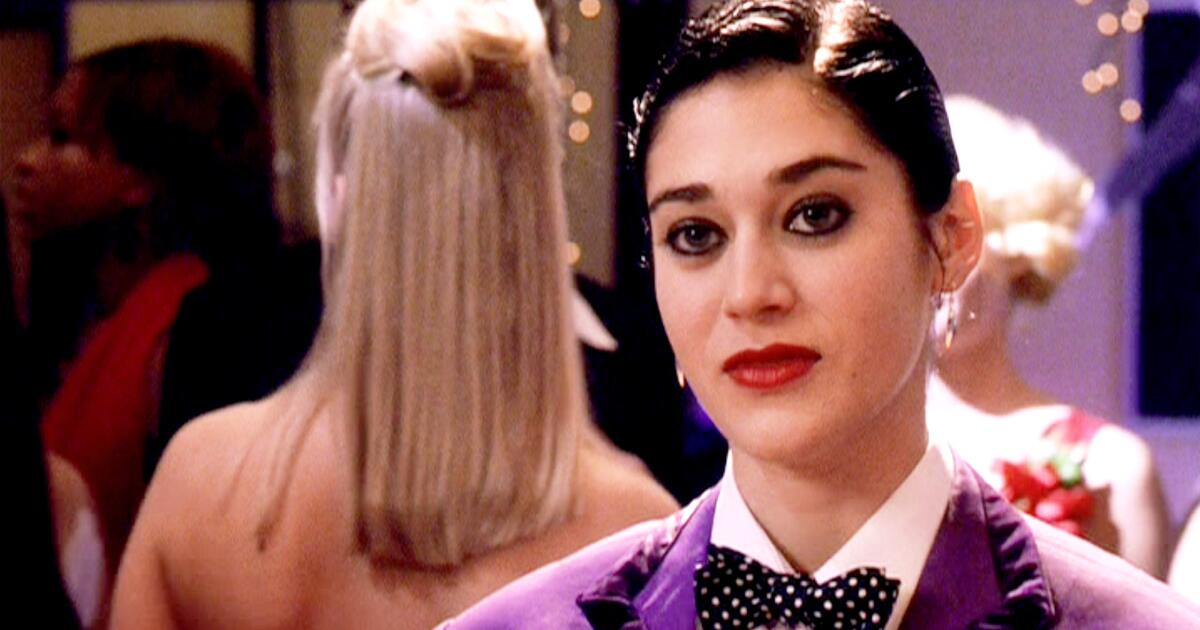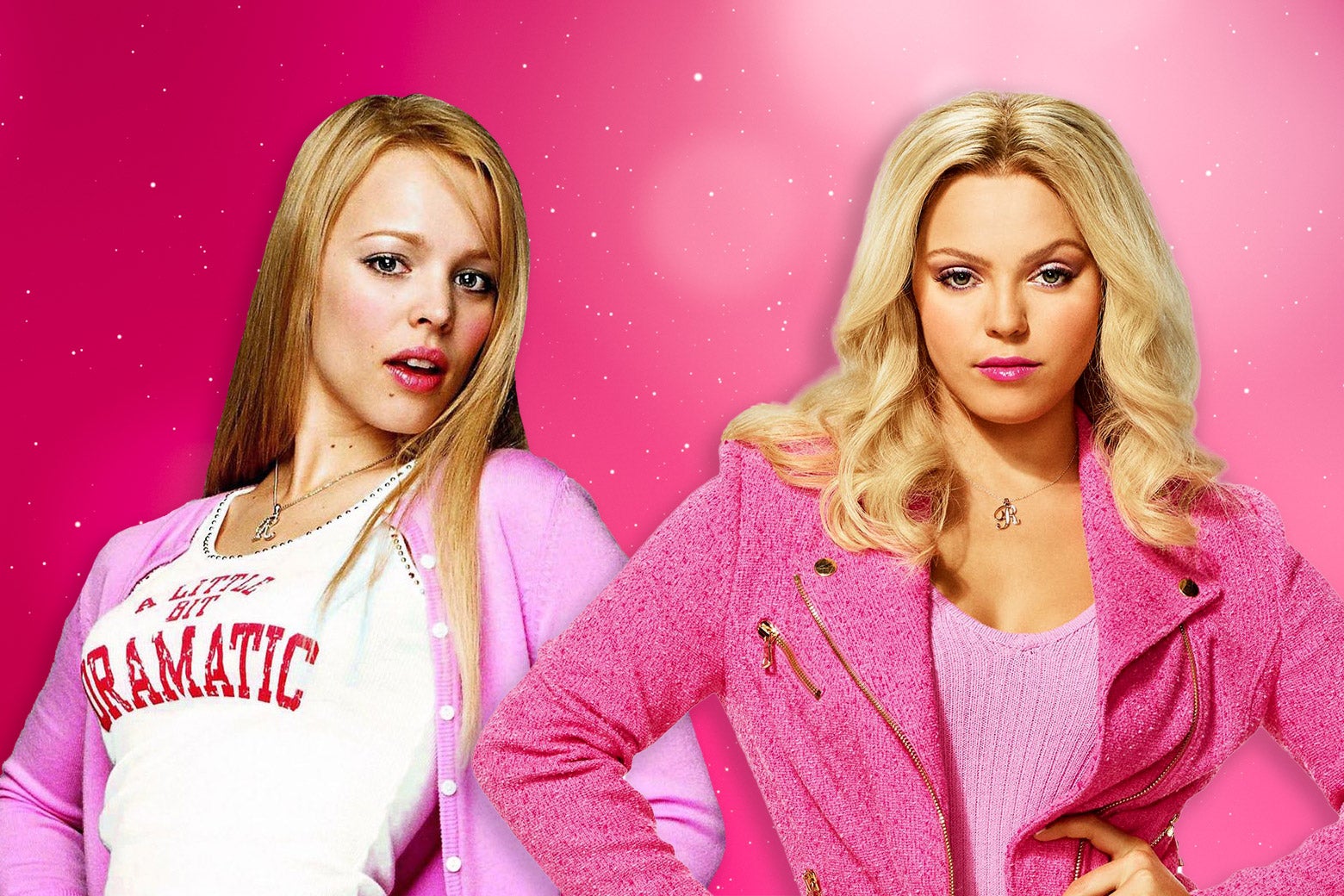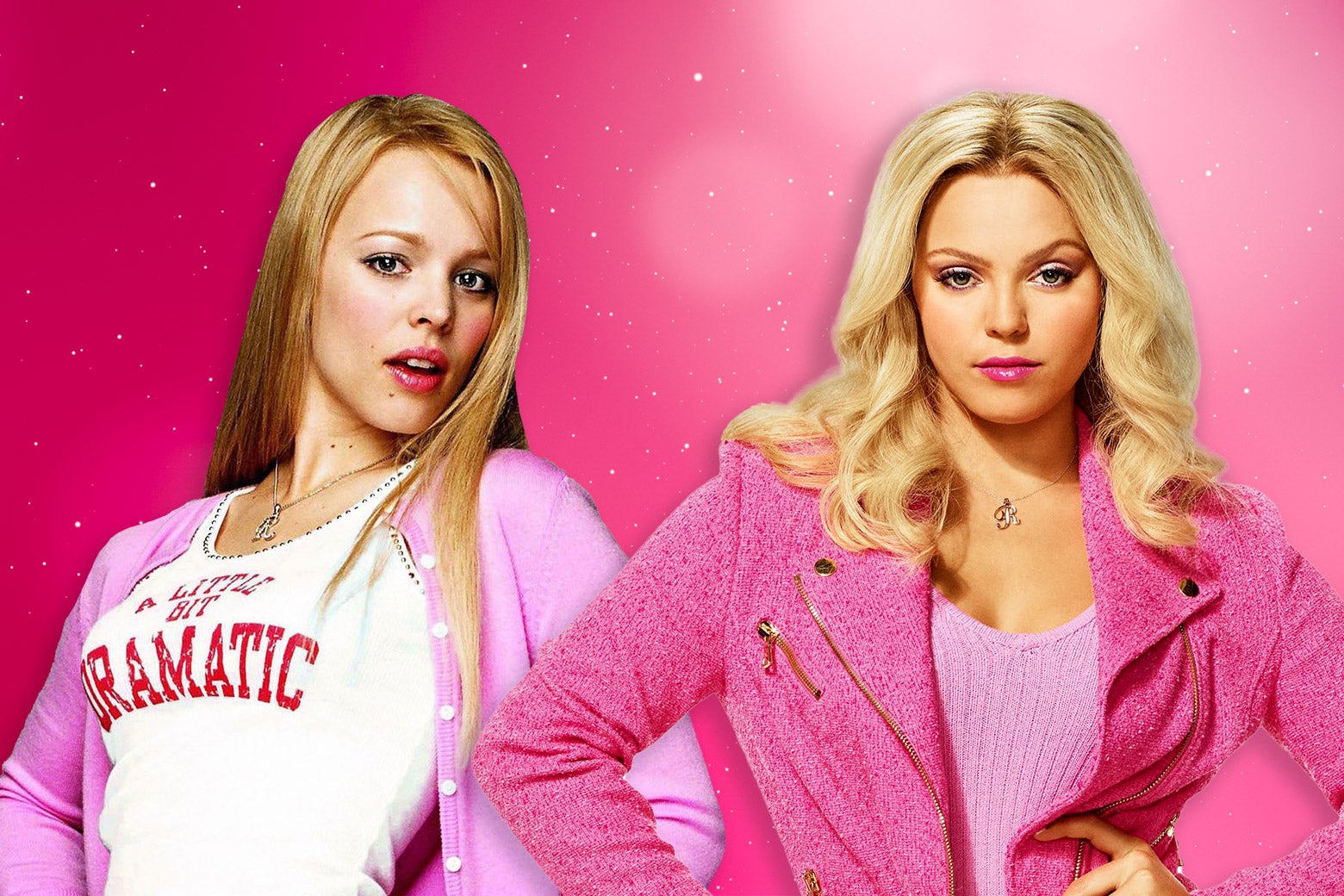
The new 'Mean Girls' movie is a musical adaptation of the 2018 Broadway production. It includes many punchlines from the original film, but with updates to reflect contemporary sensitivities and acknowledge two decades since its release. The cafeteria cliques are not categorized by racist stereotypes in this version, unlike in the first movie. Tina Fey wrote both screenplays for the original and new movies. Janis Ian has become Janis Imiike, who is now queer instead of being saddled with a last-minute heterosexual pairing with a male mathlete. The apology exercise scene from the original movie has been updated in the new version to reflect a new generation's social ecosystem and underscore that women can be queer without letting it define them. Janis calls out insidious, unspoken ways in which women deceive and undercut each other for their own gain in her anthemic showstopper song.








